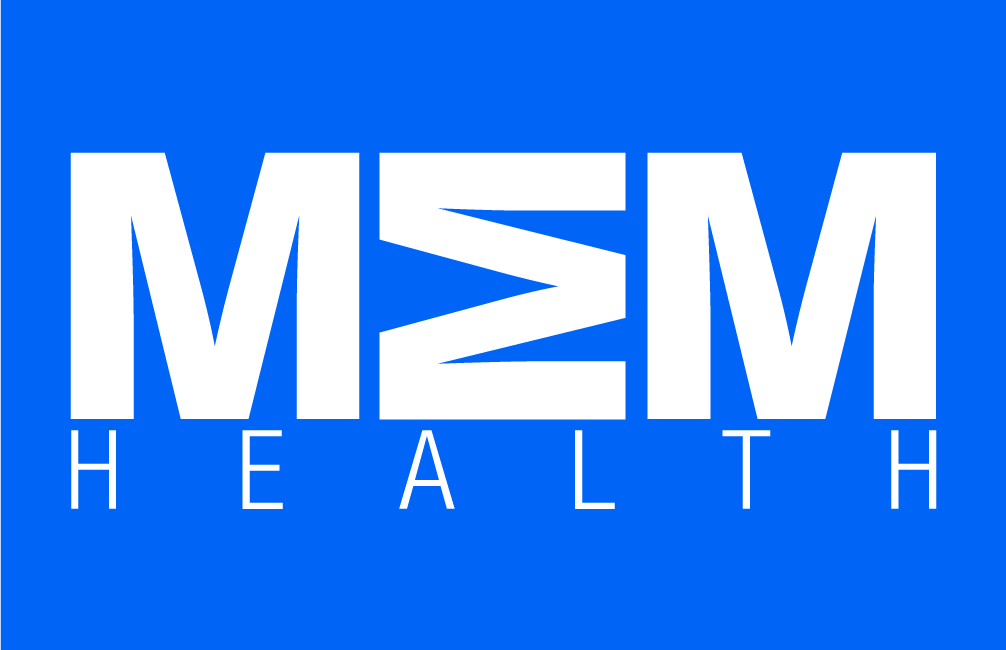It has been revealed that the UK’s pharmaceutical industry has given over one billion pounds to the Department of Health new figures released yesterday by the Association of the British Pharmaceutical Industry. This figure comes from money given through the Pharmaceutical Payment Regulation Scheme (PPRS). The PPRS is a totally voluntary scheme with the objective of providing the National Health Service with means of providing patients the same access to new medicines as those in other European Union countries enjoy.
The ABPI numbers also showed that in the time since the current PPRS was agreed the amount the National Health Service spends on branded medicines has increased by less than half of one percent. Over the course of the five year deal pharmaceutical companies expect to contribute a total of three billion pounds.
Despite this industry funding there is still concern that some local NHS trusts are not always using medicines that have been approved as both cost effective and safe by the National Institute for Health and Care Excellence or NICE for short. The Accelerated Access Review proposed by the government should hopefully alleviate some of these issues in the future.
ABPI executive director commerical Richard Torbett underlined his hope that the ABPI could site down with colleagues from both the NHS and Department of Health to ensure that patients get maximum benefit from the Pharmaceutical Payment Regulation Scheme by removing any barriers to treatment that are in place at the moment.
The Pharmaceutical Payment Regulation Scheme was originally introduced in 1957 and is revisited roughly every five years. The one billion pound figure refers to the amount given since the latest deal was agreed back in 2014. The agreement aims to create an environment where the pharmaceutical industry can continue its research and development bringing new medicines to market and ensuring that these are affordable to the National Health Service.















